BT Young Scientist Exhibition Place for Cara
We all know that smoking is bad for us, but a South Eastern Regional College science student decided that finding out exactly how cigarette smoke causes scarring of the lungs would make an interesting research project, which has been selected for the BT Young Scientist & Technology Exhibition (BTYSE) in Dublin, 11 – 14 January 2023.
Speaking about the BTYSE competition, Cara Colvin (18) from Crumlin, a second year student on the BTEC Level 3 Extended Diploma in Science at SERC’s Lisburn Campus said, “I am thrilled that my project was selected to be part of the Exhibition in Dublin. My project looks at how smoking cigarettes can activate lung fibroblasts over an extended period, leading to chronic obstruction pulmonary disease. I investigated how smoking affects the heart and lungs and followed background reading on how smoking cigarettes might lead to this lung scarring, my research focused on the mechanism behind the scarring. I have had fantastic support form my lecturers, Kerri-Melissa Burns, Dr Susan Stokesberry and Dr Bettina Schock of Queen’s University Belfast.
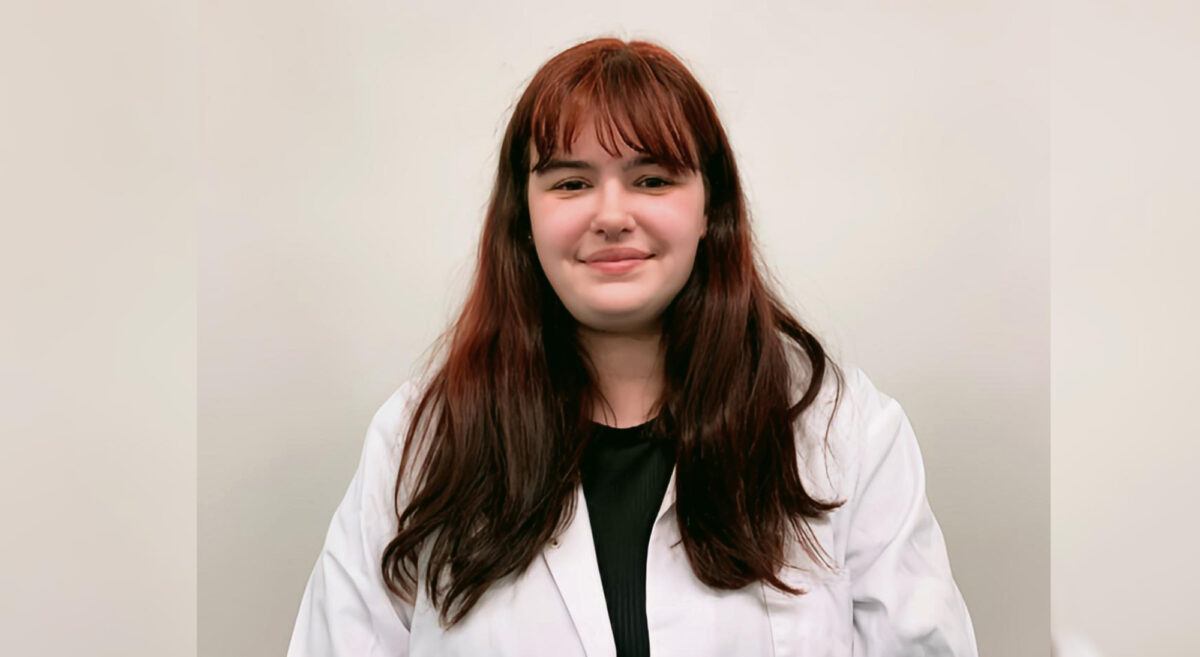
She added, “Part of my study has given me the opportunity to participate in a work-study programme at Queen’s which focusses on fibrosis (scarring of the lungs). This made me seriously consider, as a smoker, the impact smoking had on my lungs.
“The research has been very exciting as one element has involved growing human lung epithelial cells and stimulating lung fibroblasts in the laboratory. I exposed these cells to cigarette smoke and incubated them overnight. The next day, I collected the cell media and froze it for future use in my studies of the mechanisms responsible for the long-term activation of the fibroblasts.”
Cara said, “My dad is delighted to see me follow in his footsteps – he is a scientist with Randox – and there is a bit of banter between us about who will be the first to have two Phds. He has one, and I have a bit to go yet, but it is certainly my aspiration. I have applied to do the HNC in Applied Science here at SERC and then hope to go on and do a degree in Biomedical Science.
She added, “I love the College and the facilities are really good. Also, the lecturers have a great relationship with Queen’s which helped secure my work placement and the opportunity to meet Bettina Schock who is doing research in COPD at Queen’s.
Cara, who was also a finalist in the college’s Enterprise Fortnight competition with a project that used change phase materials for self-heating meals concluded, “I am looking forward to being part of the Exhibition in Dublin. It will be fantastic, not only to get feedback from the judges and to see all the other projects and research.”
Cara will be joined by fellow Level 3 National Extended Diploma in Applied Science students whose projects been selected for the BTYSE Biological & Ecological Category: Jake Stothers – Testing Aspirin Using an IR Spectrometer and Natali Arnaudova and Taneesha Mccaughran – The Effect of Hypoxia-Induced Lung Injury on Fibroblast Activation.
Visit www.serc.ac.uk to unlock your future #BetterOffAtSERC.


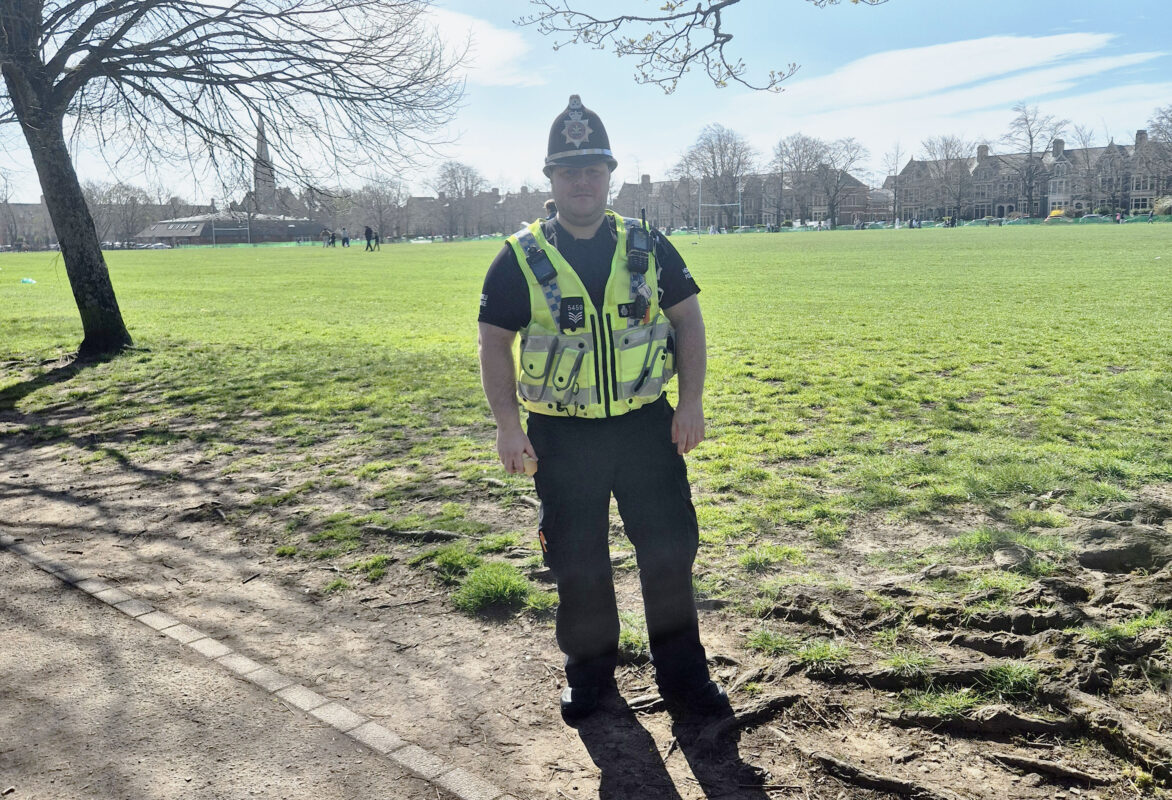


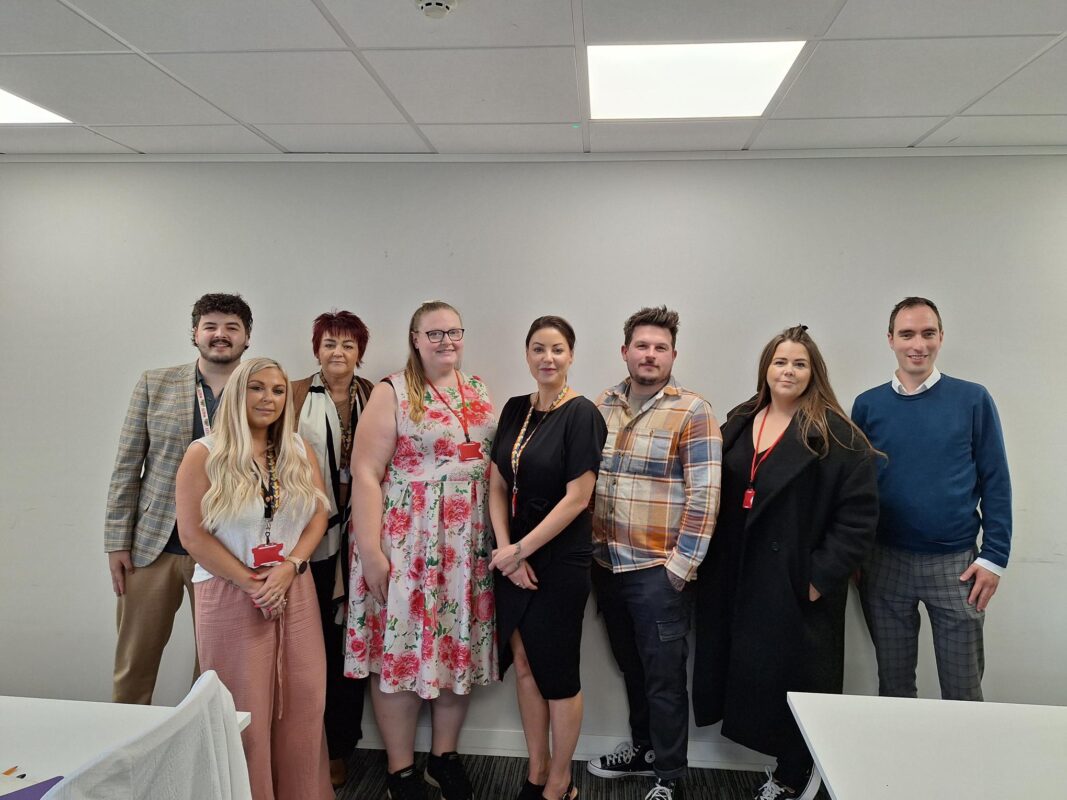


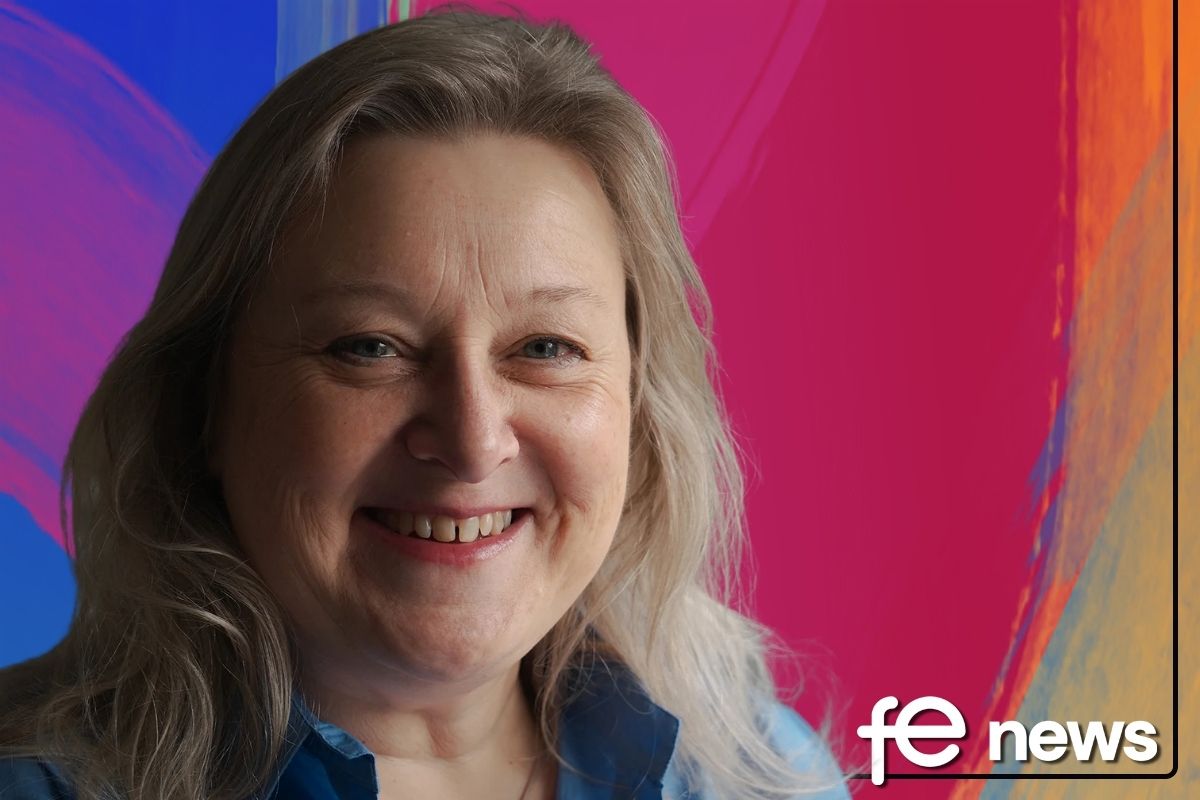

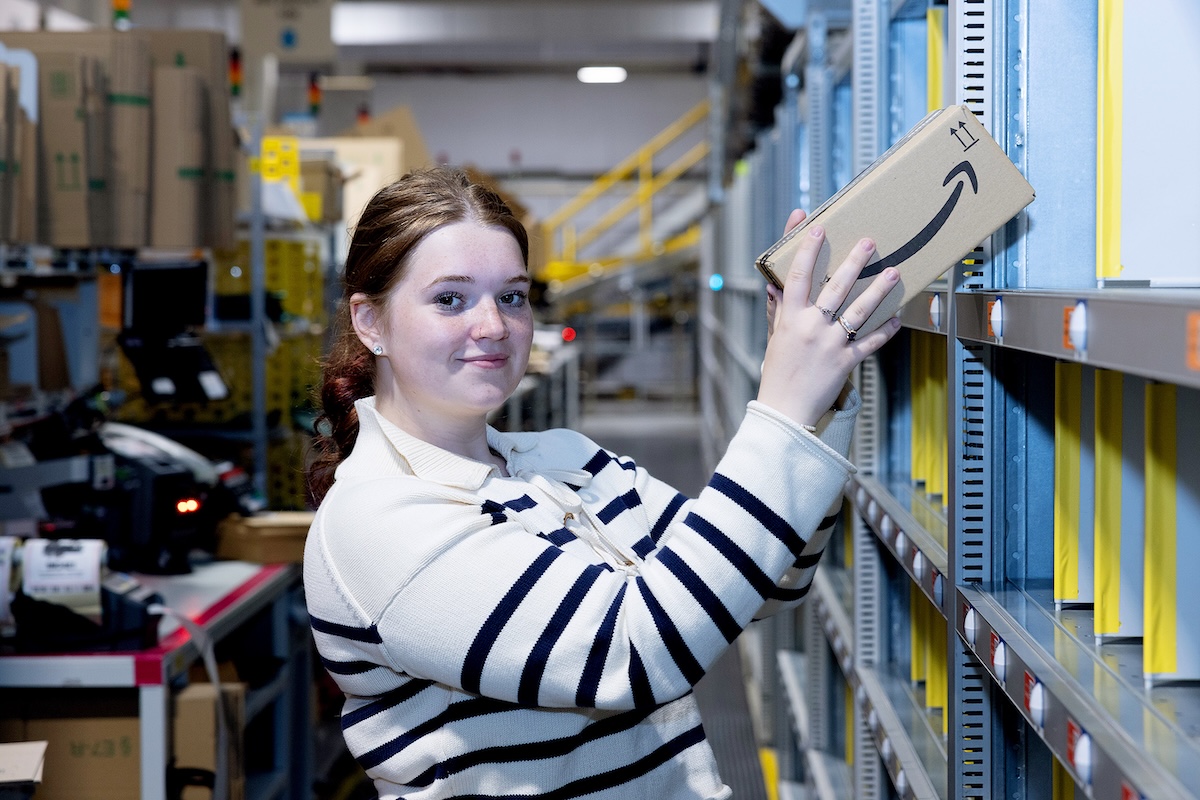
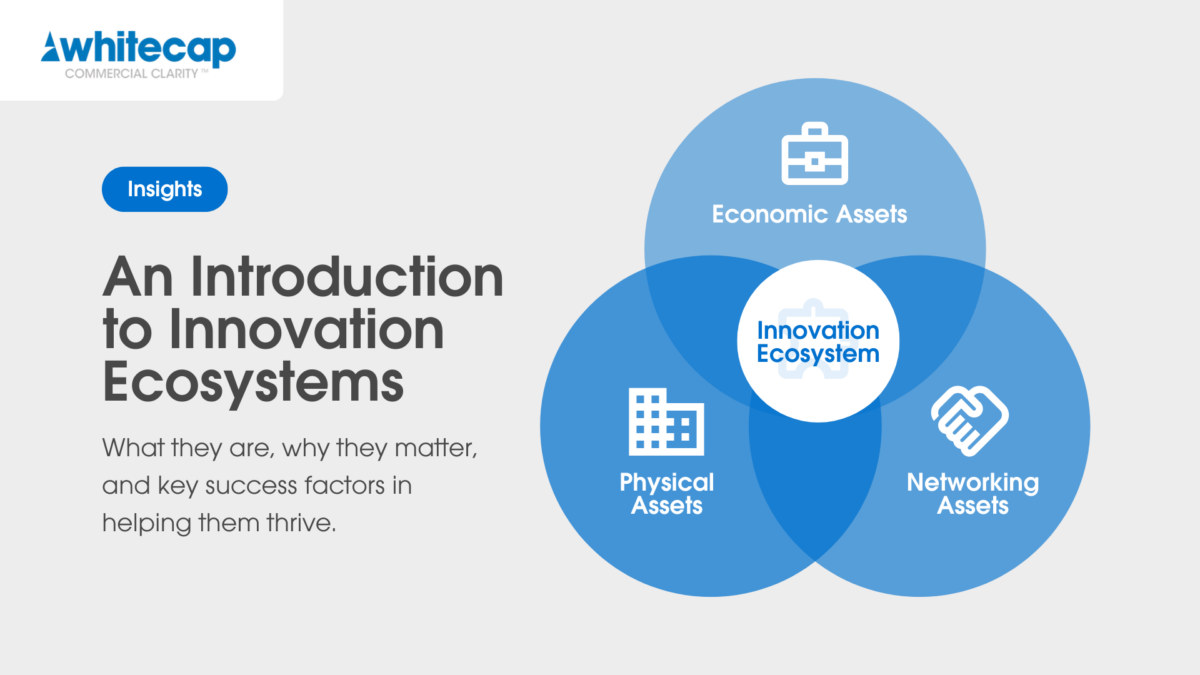

Responses